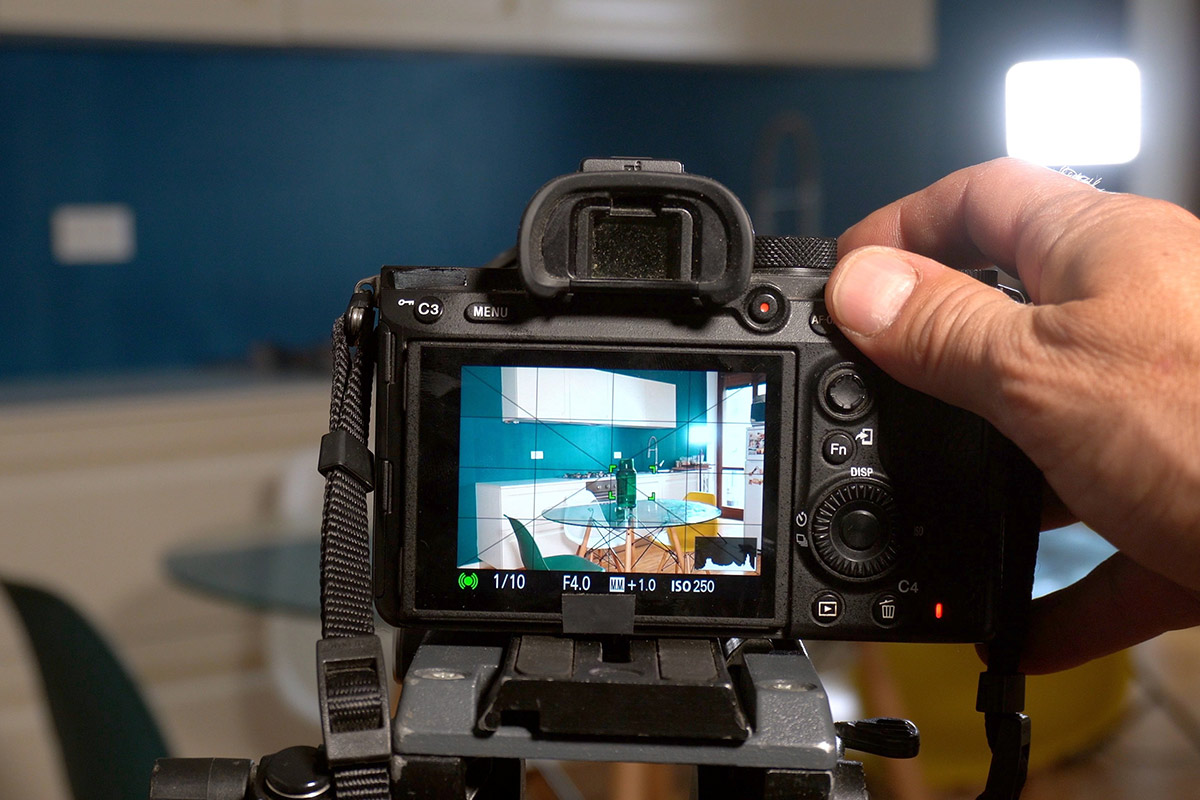The Ultimate House Viewing Checklist for Buyers
06 Jan
Please wait...
17 Jun

Captivating imagery can make all the difference in attracting potential buyers or renters to your property listings. From showcasing stunning interiors to highlighting unique architectural features, professional real estate photography plays a key role in making a lasting impression!
In this guide to real estate photography, we explore its importance, the various types, and the numerous benefits of hiring a professional photographer. Plus, we add a few tips for photographers, realtors, or independent sellers looking to improve their real estate photos.
How Essential are Professional Real Estate Photos?
Real estate photos are incredibly important these days, as they serve as potential buyers' or renters' first impressions. High-quality images can showcase a property's best features, attract more interest, and lead to faster sales or rentals.
Most buyers and renters start their search online, so captivating photos can make a big difference in drawing attention to a listing and enticing people to schedule viewings!
7 Types of Professional Real Estate Photography
There are several types of real estate photography that realtors and property owners commonly use to showcase properties. Each type serves a specific purpose and can be used alone or in combination to market a property and attract potential buyers or renters.
1 | Exterior Photography
This type of photography captures the property's exterior, including the front facade, landscaping, backyard, and any outdoor amenities such as pools, decks, or gardens.
2 | Interior Photography
Interior photography focuses on capturing the property's interior spaces, including various rooms such as bedrooms, bathrooms, living rooms, kitchens, and any unique features or architectural details.
3 | Aerial Photography
Aerial photography involves capturing images of the property from above using drones or helicopters. This type of photography provides a bird's-eye view and is particularly useful for showcasing large properties, scenic views, or unique land features.
4 | Twilight Photography
Twilight photography takes place during the twilight hours, typically just after sunset or before sunrise, when the natural light is soft and the sky has vibrant colors. This type of photography can create a dramatic and inviting atmosphere for the property.
5 | Virtual Tours
Virtual tours use a series of photographs or videos to create an immersive, interactive experience that allows viewers to navigate through the property as if they were physically there. Virtual tours can include 360-degree panoramic views, walkthrough videos, or interactive floor plans.
6 | Staged Photography
Staged photography involves arranging furniture, decor, and accessories to enhance the property's visual appeal and create a welcoming atmosphere. This can help potential buyers or renters envision themselves living in the space.
7 | Detail Photography
Detail photography focuses on capturing close-up shots of specific features or elements within the property, such as architectural details, fixtures, finishes, or amenities like fireplaces or built-in shelving.
Should You Hire a Professional for Real Estate Photography?
The short answer is yes! However, if you have photography skills and the right gear, you may be able to take photos of your property yourself. In most cases, though, hiring a professional is the best decision.
Trusting a professional real estate photographer with this vital form of marketing your property offers several benefits:
Use Proper Lighting
Natural light is always best. Schedule the photo shoot during the day when the light is soft and evenly distributed. Open curtains and blinds to let in as much natural light as possible.
Focus on Composition
Pay attention to composition when framing your shots. Use leading lines, symmetry, and the rule of thirds to create visually appealing compositions.
Choose the Right Equipment
When it comes to real estate photography, the equipment matters. Here are a few things you may need to be successful with your photographs of properties for sale:
Capture Multiple Angles
Take multiple shots of each room from different angles to give viewers a complete view of the space.
Highlight Key Selling Points
Focus on capturing the property's unique selling points, such as architectural details, upgraded amenities, or scenic views.
Edit and Enhance
After the photo shoot, use photo editing software to enhance the images and correct any imperfections.
Provide Variety
Include a variety of photos in your listing, including exterior shots, interior shots of each room, and detail shots of key features.
CITED: Virtuance.com, Hommati.com, Blog.ricoh360.com